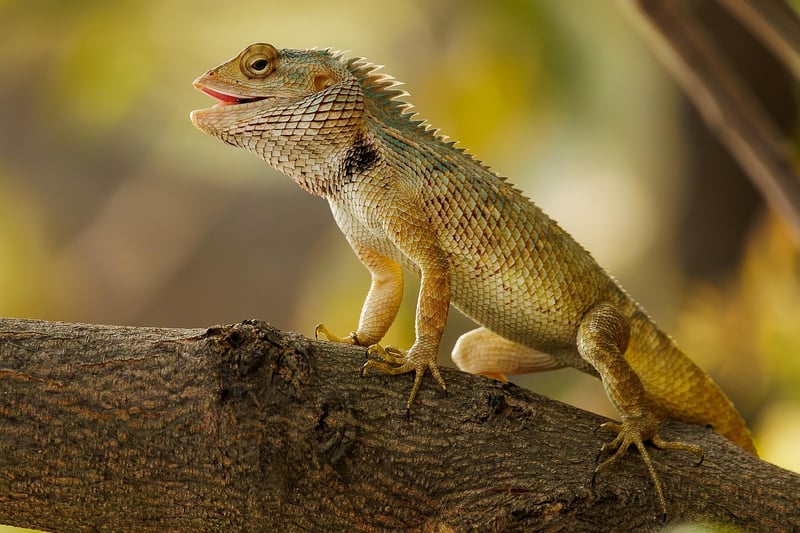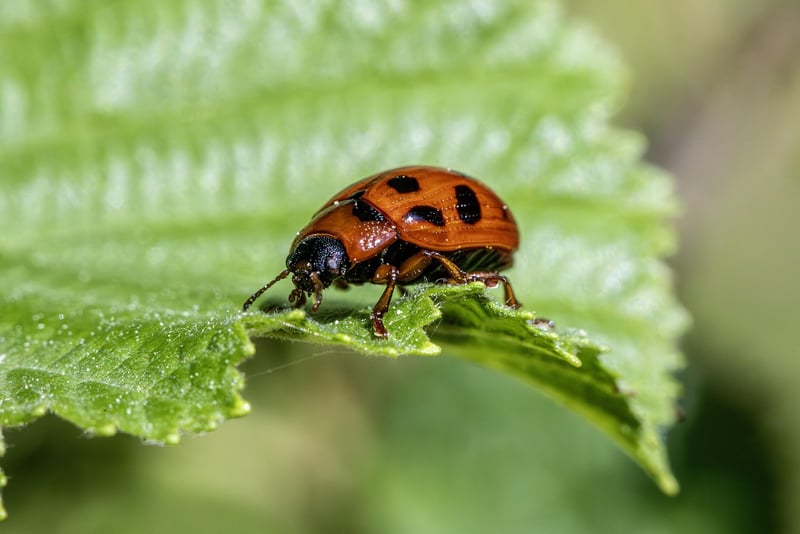Natural Pest Control
Environmentally Friendly Gardening and Natural Pest Control
Are you looking to create a beautiful garden while also being mindful of the environment? With environmentally friendly gardening practices and natural pest control methods, you can cultivate a thriving garden that is in harmony with nature. Let's explore some tips and techniques to help you achieve your green gardening goals.
1. Choose Native Plants
Native plants are well-adapted to the local environment, requiring less water, fertilizer, and pesticides. By incorporating native plants into your garden, you can create a sustainable ecosystem that supports local wildlife and reduces the need for chemical interventions.
2. Compost and Mulch
Composting kitchen scraps and yard waste not only reduces landfill waste but also produces nutrient-rich compost that can be used to fertilize your garden naturally. Mulching helps retain soil moisture, suppresses weeds, and enhances soil fertility.
3. Practice Water Conservation
Save water by installing a rain barrel to collect rainwater for irrigation. Water your garden in the early morning or late evening to reduce evaporation. Consider using drip irrigation systems to deliver water directly to the roots of plants.
4. Attract Beneficial Insects
Encourage beneficial insects like ladybugs, lacewings, and predatory beetles to your garden by planting flowers that attract them. These insects help control pest populations naturally, reducing the need for harmful pesticides.
5. Natural Pest Control
Combat pests in your garden using natural methods like neem oil, insecticidal soap, and diatomaceous earth. These organic pest control solutions target pests while minimizing harm to beneficial insects, wildlife, and the environment.
6. Companion Planting
Utilize companion planting techniques to naturally repel pests and attract beneficial insects. For example, planting marigolds alongside tomatoes can deter nematodes, while growing basil near peppers can help repel aphids.
7. Weed Control
Avoid synthetic herbicides by practicing manual weed control or using natural weed suppressants like mulch or vinegar solutions. Regular weeding helps prevent weeds from competing with your plants for resources.
8. Sustainable Garden Design
Design your garden with sustainability in mind by incorporating elements like rain gardens, permeable paving, and native plant borders. Create a balanced ecosystem that conserves resources and provides a habitat for local wildlife.
By following these environmentally friendly gardening practices and natural pest control methods, you can create a vibrant and eco-friendly garden that flourishes without harming the environment. Embrace sustainable gardening techniques and enjoy the beauty of a green and thriving landscape!

For more tips and inspiration on eco-friendly gardening, visit National Wildlife Federation.
